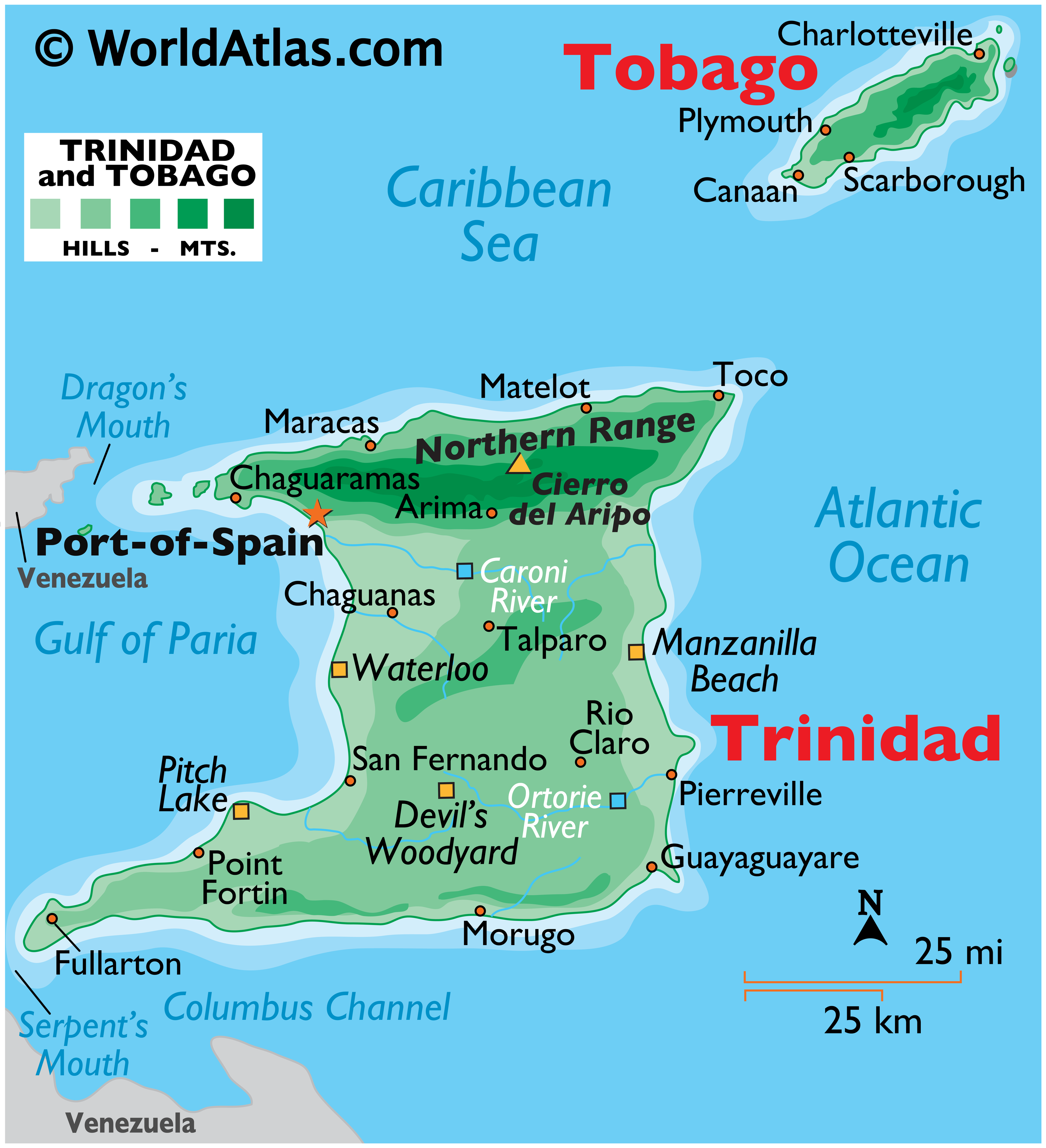Puerto Rico- Always ruled by another country. Tainos Indians were the ones to welcome the Spanish to the island. Focused on how the culture of Puerto Rico has changed over its history.
Jamaica- Gender inequality, poverty, and violence. All in 1710
Martinique- 1997 first major outbreak of Dengue Virus.
St. Martin/ Maarten- Dutch and French controlled. French have about 300 restaurants in very small area. Blending of French and Dutch cultures.
ABC Islands- Aruba, Bonaire, and Curacao. About 17% are unemployed. Outskirts of the hurricane zone.
The Bahamas- First inhabitants Lucayans. Colombus enslaved many natives and took their gold. Age of Piracy: Blackbeard- Edward Teach; Calico Jack- Sailed the Jolly Roger.
Trinidad+Tobago
Monday, April 25, 2016
Wednesday, April 20, 2016
Presentation Day 1
Cuba- Tourism in Cuba exists.
Saba- Small country, with very little access to the island. They preserve natural history.
Trinidad- This one was mine.
Haiti- Disaster relief efforts are corrupt.
St. Vincent and the Gernadines- High imports. Small island.
Guadelupe- TMI about religious practices. Pineapples were brought back to Spain from here. 95% Roman Catholic. They make amazing music videos.
Saba- Small country, with very little access to the island. They preserve natural history.
Trinidad- This one was mine.
Haiti- Disaster relief efforts are corrupt.
St. Vincent and the Gernadines- High imports. Small island.
Guadelupe- TMI about religious practices. Pineapples were brought back to Spain from here. 95% Roman Catholic. They make amazing music videos.
Thursday, February 25, 2016
For
this project I will be focusing on the Economy of Trinidad and Tobago. While
the country shares many economic similarities with other Caribbean countries,
it is also different.
 One
difference that Trinidad and Tobago has against other Caribbean nations is
their reliance on fossil fuels, specifically natural gas and petroleum. Ever
since 1875 when the first oil well was drilled in Trinidad, the nation has
utilized its cash cow product to compete in the world marketplace. Trinidad and
Tobago contain the Caribbean’s largest proven supply of oil and natural gas. The
product easily produces the majority of the nation’s GDP and allows the country
to be one of the wealthiest in the Caribbean. In recent history however, the
economy has suffered due to its reliance on the fuels. In the 1980s, the
Organization for Petroleum Exporting Countries or OPEC who controls most of the
world’s petroleum supplies lowered the price of oil internationally which
caused many problems for competitors. In Trinidad and Tobago, their petroleum
exports plummeted and cause a sever gap in their economy. In the late 2000s,
the price is still low and is hard to compete with so the country had to focus
its economic attention somewhere else.
One
difference that Trinidad and Tobago has against other Caribbean nations is
their reliance on fossil fuels, specifically natural gas and petroleum. Ever
since 1875 when the first oil well was drilled in Trinidad, the nation has
utilized its cash cow product to compete in the world marketplace. Trinidad and
Tobago contain the Caribbean’s largest proven supply of oil and natural gas. The
product easily produces the majority of the nation’s GDP and allows the country
to be one of the wealthiest in the Caribbean. In recent history however, the
economy has suffered due to its reliance on the fuels. In the 1980s, the
Organization for Petroleum Exporting Countries or OPEC who controls most of the
world’s petroleum supplies lowered the price of oil internationally which
caused many problems for competitors. In Trinidad and Tobago, their petroleum
exports plummeted and cause a sever gap in their economy. In the late 2000s,
the price is still low and is hard to compete with so the country had to focus
its economic attention somewhere else. |
| Trinidad and Tobago's Flag. Adopted in 1962 |
These
leads to the similarity that Trinidad and Tobago have with most other Caribbean
countries, it began to utilize its tourism. While there was some tourism before
this time, the government of the island realized that its petroleum will not be
a reliable source of income for the future. The nation began actions like
protecting and improving the environment which is a key component of tourism
while also creating and improving their infrastructure to provide for the
influx of people. Despite being named as a popular destination for European travelers
in 2013, the country has not had the number of people visiting that it
previously had. This has caused even more economic problems as the nation’s
newer source of income is already failing.
Subscribe to:
Posts (Atom)